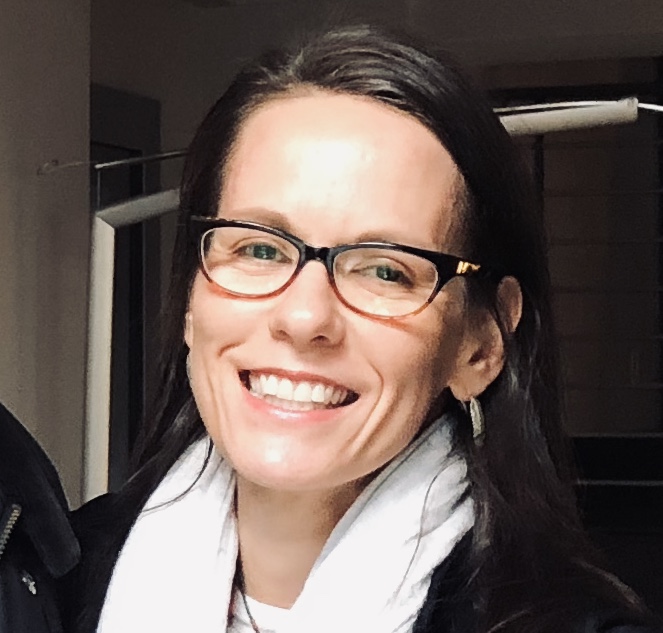Ananda Martin graduated from WashU in 1995 with a bachelor's degree in Japanese and cultural anthropology. In the years since then, she has leveraged her background in East Asian studies into a law career practicing in China and now in the United States. In this Q&A, Martin discusses studying languages, practicing law, and pursuing a career in China.

What did you study at WashU?
The better question is, what did I not study here? I majored in Japanese language and cultural anthropology. I took nearly all the pre-med courses, and spent my junior year at the Sanford Center in Kyoto. My senior year I studied Spanish. I also did work-study at the theater and an internship at the St. Louis Art Museum.
Tell me about Kyoto. What did you study while you were over there?
Language courses were the core of the program, with various liberal arts classes in Japanese studies on top of that. I remember taking a class in Buddhism where I learned the origin of my name. There were also courses in literature, poetry, and politics, but I spent the bulk of my time slugging it out in the trenches with Japanese. Because I didn’t grow up speaking a foreign language, language itself was the steepest learning curve for me. I didn't come to WashU planning to major in Japanese. I thought I would at most seek a language minor. After my first semester, I quickly realized that if I was ever going to have anything more than a restaurant-level conversation in Japanese, I was going to have to devote a lot more time to the language. So I abandoned my original plan of spending my junior year in England studying anthropology, and made more time for Japanese.
Now you work in international law. Tell me about your career path post-WashU.
Here again, I didn’t end up where I initially thought I would. Following graduation from WashU and two years of further study in East Asia, I started a PhD in Japanese history. Fairly quickly, I realized that academia was not the right fit for me. Yet I still wanted to do something that leveraged my East Asian studies background. At that point, I'd started studying Mandarin and was determined to find a practical use for foreign languages in my professional life. I decided that a career in international law would give me an opportunity to do that. It didn’t happen overnight. After law school I started practicing in New York and spent time in Silicon Valley before ultimately moving to China and launching my international practice in earnest there. Based in Shanghai, I managed regional litigation and compliance matters for my law firm and finally got the chance to use Japanese and Chinese in my daily work.
I joined my current company, Spire Global, a little over a year ago. It's the first time in ages that I haven't been specifically focused on East Asia. But we are a global company and our footprint in Asia Pacific is growing. As General Counsel of Spire, I get involved in new types of international legal problems, from export controls to IP concerns to international space treaties. Now, in addition to the general corporate and litigation work I that made up the majority of my career, I’m dealing with every subject I thought I would never see after the bar exam.
Do you have any advice for students today?
First: Stick with it. Learning a foreign language is a big investment, with a long ramp up period before it really starts to pay off. When I was an undergrad, I remember many nights when my friends were heading out to have fun and I was hunkering down with language tapes and memorizing vocabulary. You really have to take the long perspective, and I'm really glad I did. It has made so many more interesting and challenging opportunities available.
Second: Don't despair if the first thing you do out of college or graduate school isn't a perfect fit. I spent the first three years of my post-law school career churning through huge volumes of document review for a big New York law firm. The job sounded prestigious but in reality, the work was far from what I had dreamed of doing with my international skills. There are lots of things that can alter your course as you're pursuing professional goals: starting a family and macroeconomic factors come immediately to mind. There was no straight path for me to go to Asia to practice law or become the general counsel of an international aerospace company. Be patient and persistent. If you pursue your goal long enough, you will find a way to get there.


